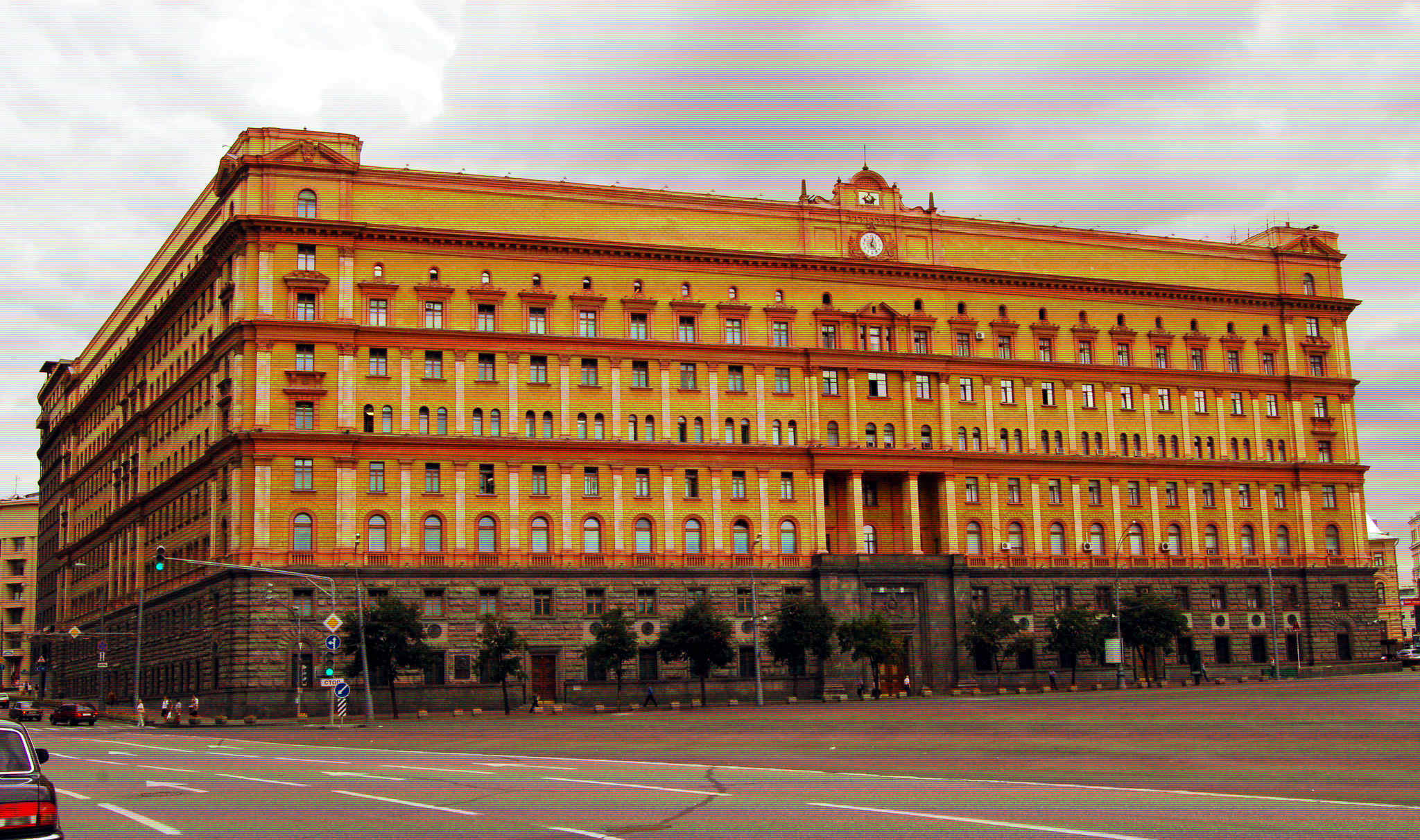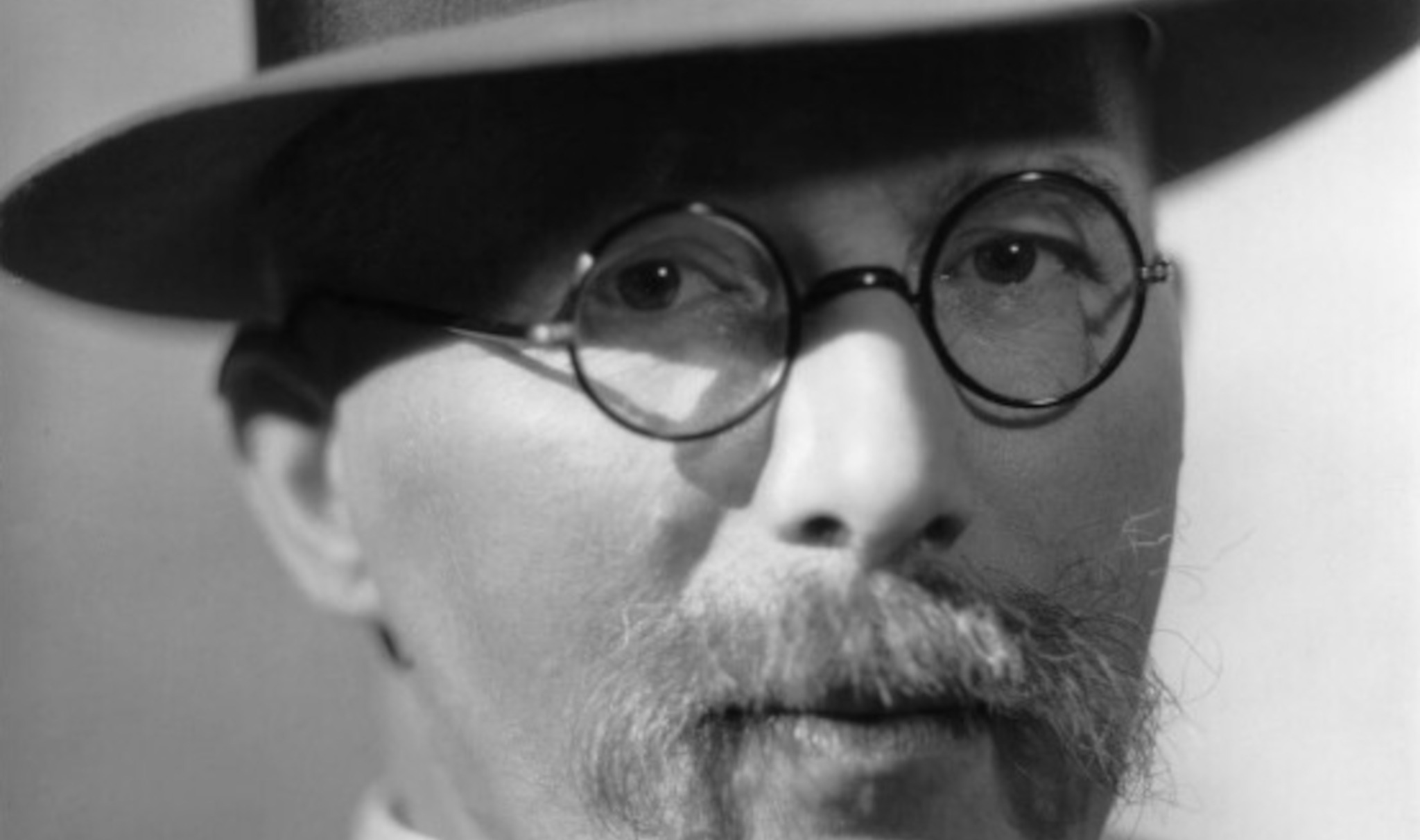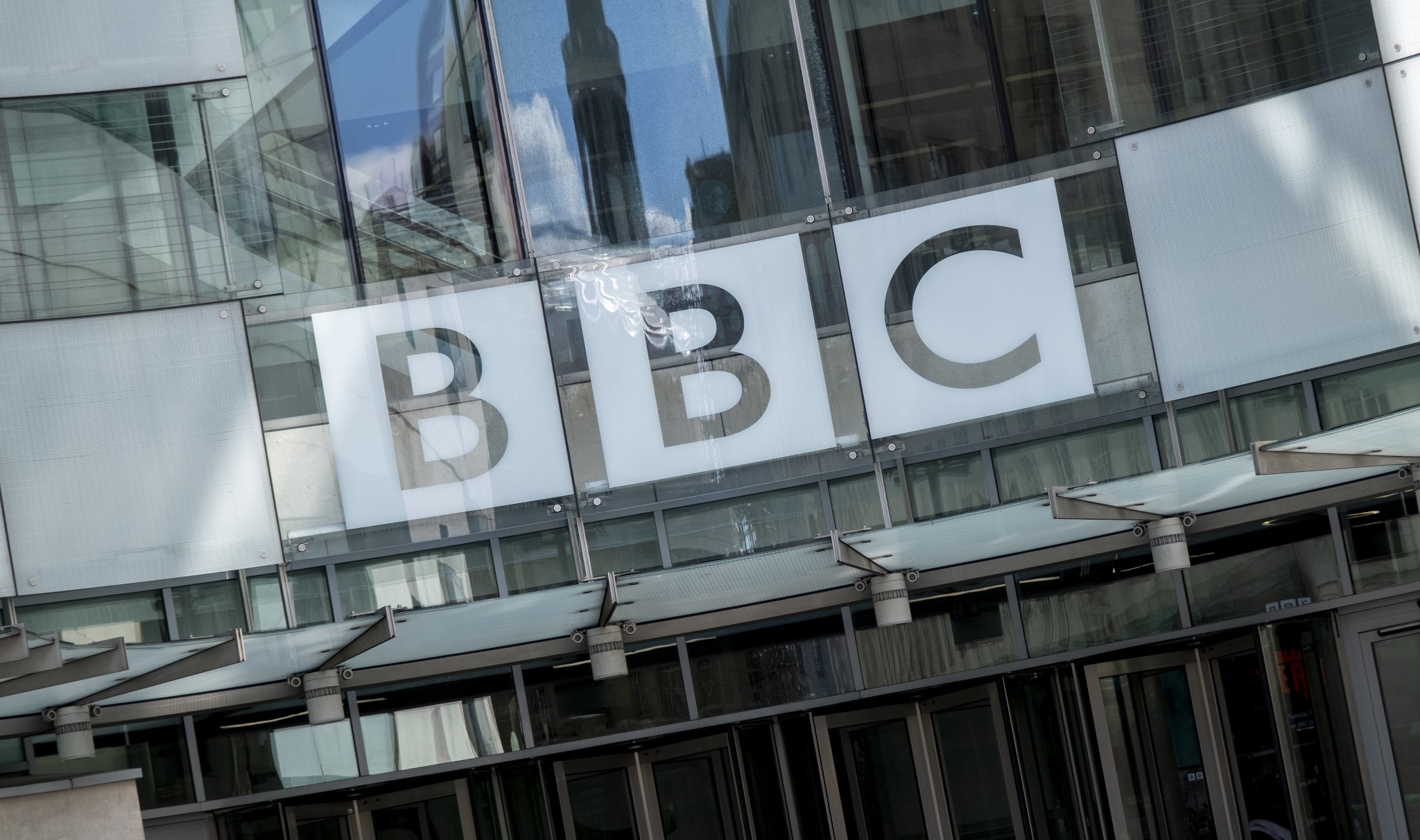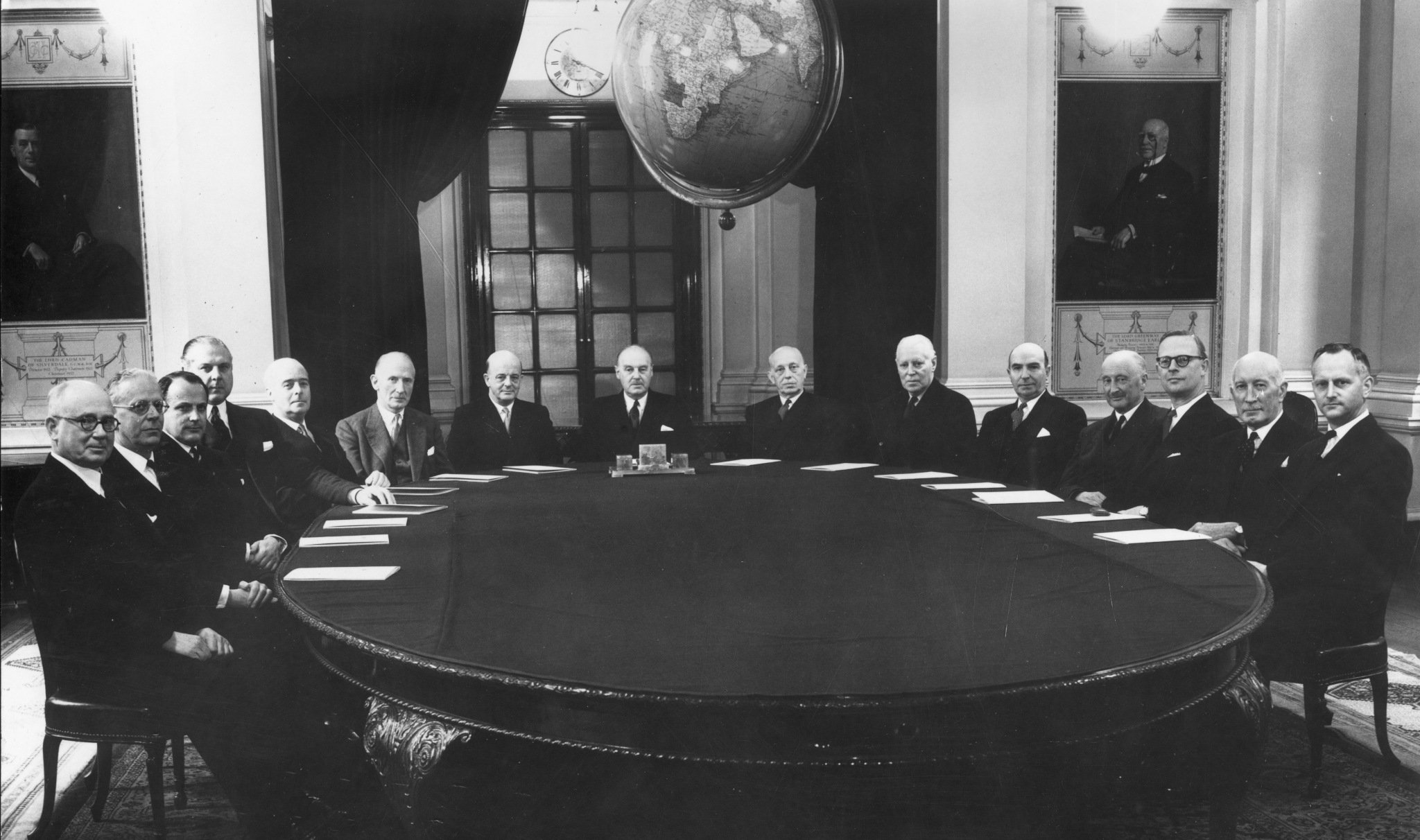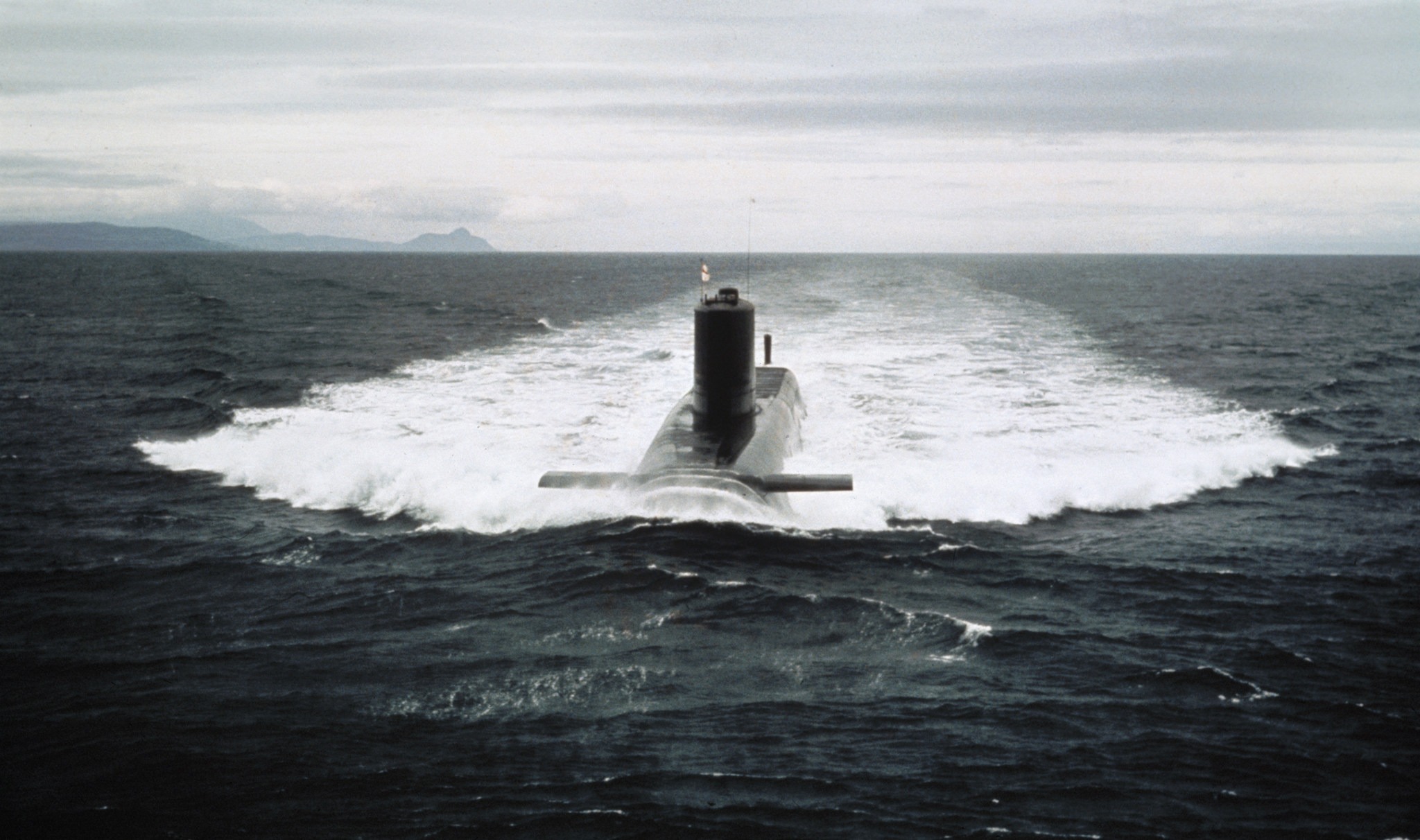One evening in the 1960s a secretary who worked for an MP with a special interest in foreign policy attended a smart cocktail party in Mayfair. There she met a handsome, articulate East European who told her he was a diplomat based at the embassy.
Despite the Cold War, it was not unusual for the staff of MPs to socialise with officials from the Soviet bloc. The woman – who I shall call Miss Montagu – liked the engaging, intelligent diplomat who spoke excellent English. The feeling was mutual, and they developed a friendship.
However, the East European – who I shall call Novotny – had an agenda. He was in fact an intelligence officer and had a secret mission: she was a secretary at the House of Commons and may have access to political and classified documents. While she found the ‘diplomat’ attractive, the secretary knew she had to be careful.
During one evening Miss Montagu casually mentioned her MP had gone abroad, leaving her in charge of his affairs. For the communist spy it was his golden opportunity. Novotny remarked that such MPs must be well-informed on political issues.
“Surely you must have a chance to see documents which summarise Western views on current affairs”. Miss Montagu was guarded in her reply: “It is almost impossible for me to obtain such documents.”
For the intelligence officer, whose country was a dependent ally of the Soviet Union, he was confronted with a dilemma. He was discouraged by Miss Montagu’s response, but his mission was not lost. After all, she had used the word ‘almost’.
What is my next move, the spy reflected. He knew the offer of cash would not persuade her. She was not that type.
Novotny tried a more subtle approach. He asked Miss Montagu for advice on the choice of a ring to send home as a present to his wife. The secretary was not surprised when she herself received a ring worth £20 from her new friend.
She returned the ring, expressing her regrets that it was impossible to accept gifts from someone who represented a hostile nation state.
Despite the flattering attentions of the debonair ‘diplomat’, Miss Montagu knew she could be dipping her toe into treacherous waters. From the beginning of his solicitations, she had informed MI5. There the friendship ended. For Novotny, it was the end of a hopeful liaison.
Recruiting MPs
Historically, the British political elite had always been a target for the KGB. And there was no party bias. The target was the party in government and who wielded power.
Throughout the Cold War, the Soviet spies and their satellite agencies stationed far more officers in London than other cities. They had no hesitation in using any tactic to subvert the political system of what was regarded as the decaying, rotting West.
For the KGB, recruiting an MP was the highest prize because he or she could be used to propagate the Kremlin line or covertly via front organisations. And MI5 was conscious the KGB was active in parliament.
In 1971, in evidence to a government inquiry on national security, Sir Martin Furnival-Jones, then MI5’s director-general, addressed the threat: “Very many members of parliament are in contact with very many intelligence officers.”
The head of MI5 added that Russian spies cultivated MPs not merely to obtain classified information. They were also interested in political intelligence useful to the Soviet Union. “No doubt many MPs enter the Commons in the hope of becoming Ministers”, added Furnival-Jones.
“If the Russian Intelligence Service can recruit a backbench MP, and climbs the ladder to a Ministerial position, the spy is home and dry.”
Labour’s ‘lost sheep’
The KGB’s strategy was to recruit MPs as secret agents of influence. Historians agree that at least twelve Labour MPs were either secret communists or pro-Soviet in their views, known as ‘The Lost Sheep’.
One Labour MP who forged a close relationship with the KGB was Bob Edwards, the maverick left-winger. He was recruited in the 1950s and remained an enthusiastic exponent of Soviet disinformation and conspiracy theories.
In 1961 the Labour MP attracted the attention of MI5 as the co-author of A Study of a Master Spy, an attack on the former CIA director Allen Dulles which was in fact written by a KGB officer.
The participation of Edwards was suspicious, and MI5 launched an investigation. In 1965 MI5 applied for a warrant to tap the MP’s telephone. This was authorised but countermanded by Harold Wilson, because he had told MPs their phones were not bugged by MI5.
“At least twelve Labour MPs were either secret communists or pro-Soviet in their views”
The MP remained undiscovered, and later became chairman of the Defence and Foreign Affairs Sub-Committee.
“There is no doubt Edwards would have passed on all he could get hold of”, an MI5 report later concluded. “We know Edwards’ motivation was ideological, although he occasionally accepted money.”
For the next fifteen years the MP’s KGB controller was Leonid Zaitsev, head of the foreign intelligence division’s directorate T (science and technology). They became close friends and the KGB contacted Edwards by radio and dead letter boxes.
By the late 1970s Edwards was not as active, although his support for the KGB was recognised when he was awarded the Order of the People’s Friendship by the Soviet Union.
After losing his Commons seat in 1983, Edwards denied the speculation about his espionage for the Soviets to his fellow Labour MPs and took his KGB secrets to his grave.
Fellow traveller
A fellow traveller was Labour MP William Wilson. He was motivated by deep-seated socialist ideals. But he was also a confidante of the KGB during the Cold War.
Between 1977 and 1983 he was chairman of the British-Soviet Friendship Society, a front for the Soviet Union. In Moscow officials regarded the MP as an influential politician who at crucial junctures reinforced the Kremlin line.
Wilson later admitted he became a close friend of a ‘diplomat’ at the Soviet embassy in the early 1970s. He was often invited to lunch at the diplomat’s expense during which he discussed “who in British politics was likely to be favourable to the Soviet Union”.
The diplomat was Anatoly Maisko, the cultural attaché at the Soviet embassy but in reality a KGB officer.
Wilson rationalised that he did not regard the Soviet Union as a threat to Britain and did not disclose any classified secrets. But he did provide insights into the political scene and which MPs would be responsive to Soviet overtures.
That did not make him an operational spy, but it was useful to the Soviet cause.
The notion that many Labour MPs were KGB active agents of influence is fanciful. Clearly, some like Edwards were intelligence assets. But to define an MP who discussed politics with a Russian diplomat as a spy is misleading.
If an MP spoke to a KGB officer, that did not make him or her an agent. At best, the MP was a confidential source and provided political intelligence, but it was not classified material. The misunderstanding of that relationship led to false allegations that former Labour Party Michael Foot was a KGB agent.
KGB and the Conservatives
In fact, the irony is that the Soviet Union preferred dealing with Conservatives during the Cold War.
For the KGB the ideology of communism and capitalism were irreconcilable. But the Soviet state was founded on a rigid dogma and there was an unyielding conservatism in their society. The liberals were the enemy.
“I am voting Conservative”, snapped Khrushchev
And this was vividly illustrated when Sir Curtis Keeble, a British ambassador in Moscow, commented on the conservatism of the Kremlin to an archbishop of the Russian Orthodox Church. “Yes”, he replied. “Conservatism and the dogma, the twin pillars of the Orthodox Church and the Soviet state.”
When President Khrushchev visited London in 1956, there were furious rows with the Labour leadership. After one lunch, Aneurin Bevan, the shadow foreign secretary, muttered: “He’s an impossible man”.
The dislike was reciprocated. “Bulganin (the Prime Minister) can vote Labour if he likes but I am voting Conservative”, snapped Khrushchev.
Negotiating with Conservatives
The KGB and their satellite spy agencies believed Tory MPs could be cultivated despite the ideological hostility. One recruit was the Conservative MP and junior minister Ray Mawby who even handed over the floor plans of the prime minister’s private office in the Commons.
The Soviets found negotiating with Conservative ministers reassuring. This contrasted with Labour regimes who viewed communism as a perversion of socialism whereas Conservatives were comfortable negotiating with autocracies.
“The Soviet system was very much top down”, said Andrew Wood, former British ambassador to Moscow.
“And so many Soviet Communists felt social democrats were more the main enemy than the Conservatives because at least the Conservatives from their perspective understood and operated within the parameters of power relationships rather than any nonsense about social justice.”
But this pragmatic policy changed in 1979, when the KGB was confronted by the formidable Margaret Thatcher. Dubbed ‘The Iron Lady’ by the Kremlin, Thatcher was a hostile enemy of the Soviet Union.
Accordingly, the Kremlin plotted to discredit her and portray her as a reckless and dangerous warmonger.
KGB and Thatcher
In contrast to the USA, the KGB operation against Thatcher was restrained. Instead, the focus was on political intelligence rather than active measures. One KGB officer deployed for this task was Maxim Bazhenov, stationed in London between September 1980 until he was expelled in 1985.
Using his cover as a journalist, Lieutenant-Colonel Bazhenov (not his real name) attended meetings and interviewed politicians to gather intelligence about the Thatcher government. Most were public but on one occasion he attended a closed lecture at the LSE by the Commander of NATO Naval Forces in the North Atlantic – an intelligence coup.
Articulate, intelligent and engaging, Bazhenov prepared for his assignment by reading Graham Greene novels and meeting agents in London.
The Falklands war in 1982 was important to the KGB. The Kremlin saw the conflict as an opportunity to portray Thatcher as a warmonger and the US as intent on dominating Latin America.
The first operation was to fabricate a US Department of Defence press release which included provocative – but fake – comments by the defence secretary Caspar Weinberger regarding the Falklands crisis. The forgery stated that US support for the war was conditional on support for a US military base ‘from which we will assert our control over the whole of the whole of Latin America’.
Copies of this KGB-inspired document were circulated among senior diplomats in Washington DC. Within days a false story was circulated that the Soviet authorities ‘had evidence’ the British Naval Task Force was equipped with nuclear weapons.
If true, it was extremely damaging to the British but it was classic KGB disinformation. The Soviet state media broadcast the story and some Western journalists were persuaded by KGB agents to publish a version.
Communicating
Back in London KGB officer Bazhenov was using his journalistic cover to obtain any political intelligence about the Falklands war. As a Russian, he was able to drink heavily and remember what was said and so spent many hours in the pubs near parliament.
He waited in the bar until the defence correspondents of Fleet Street newspapers returned from their closed briefings at the Ministry of Defence and hope that several pints of beer would loosen their tongue. After a few free drinks, the words invariably flowed.
Bazhenov also interviewed MPs who might reveal secrets or a sense of the political zeitgeist. His closest relationship was with the Labour MP Denis Healey, former defence secretary and shadow foreign secretary during the Falklands crisis.
“Some Western journalists were persuaded by KGB agents to publish a version”
Unlike most politicians, Healey had commanded a battalion and witnessed the horrors of war. And so he preferred to explore diplomatic alternatives.
Healey showed the KGB officer drafts of his articles on the Soviet Union and they enjoyed long lunches in Soho restaurants. An extrovert with a sparkle in his eyes, Healey was suspicious of Bazhenov’s true identity. “Ah, Maxim Bazhenov”, he greeted him in a Moscow hotel. “How is the KGB doing?”
Later that night the KGB officer interviewed Healey and asked Bazhenov about his dealings with Soviet spies in London while he was the defence secretary between 1964 and 1970.
“You see, Maxim, a good half of Soviet representatives were pure spies, and the other half were forced to report to the KGB about their contacts”, replied Healey.
He added: “This is the axiom for us British politicians. The KGB is listened to in the Kremlin. And so, by communicating with Russian intelligence, Labour MPs – and sometimes Conservatives – have the opportunity to directly convey our thoughts at an influential level. Some of us are afraid of contact with the enemy but I have not been afraid to use this channel and promote my political agenda and goals. And in return you Soviet intelligence officers can learn from us.”
Active measures
The outcome of the Falklands war provided a political premium for Thatcher. And so as the 1983 election approached, their agents focused on portraying the prime minister as endangering world security.
Bazhenov secured interviews with Joan Ruddock, the articulate chairperson of CND, which were monitored by MI5. “At one time we were able to establish that Ruddock gave an interview to a Soviet journalist who was actually a career KGB officer,” recalled former MI5 officer Cathy Massiter.
The Kremlin was desperate for Thatcher to lose the 1983 election. Aggressive active measures were authorised. Starkly anti-Thatcher pamphlets were distributed to children in British schools.
One booklet, entitled People Rise Against War, contained a photograph of the prime minister with the slogan ‘Stop the Mad Killer’. The material was distributed by the Novosti Press Agency, a KGB front.
The KGB tried but failed to recruit an agent inside the Tory Party and Thatcher won the election by a landslide.
After the 1983 election, KGB officers in London focused on the deluded analysis by the Kremlin that the Reagan and Thatcher administrations were planning nuclear war. But President Andropov’s death in 1984, signalled the end of active measures specifically against western leaders.
His successors Chernyenko and Gorbachev were both sceptical of the quality and effectiveness of the KGB reporting from London.
Yet the end of the Cold War was mainly due to successful KGB intelligence operations in the USA. When Gorbachev became President in 1985, he discovered that while Thatcher and Reagan’s rhetoric was dangerous, they were not planning nuclear war.
This was due to documents sold to the KGB by Aldrich Ames, who worked on Soviet operations at the CIA, and Robert Hanssen, an FBI officer who had access to secret US assessments on the prospect of a nuclear conflict. The material strengthened Gorbachev’s conviction there were no offensive NATO plans and KGB analysis was based on conspiracy thinking rather than reality.
The Cold War ended. But none of the protagonists believed that a new Cold War using the same intelligence methods would return thirty years later in Ukraine.
This is an edited extract from Mark Hollingsworth’s new book, Agents of Influence – How the KGB Subverted Western Democracies. Mark is an investigative journalist and author of 10 books, including Londongrad – From Russia with Cash, the Inside Story of the Oligarchs.

